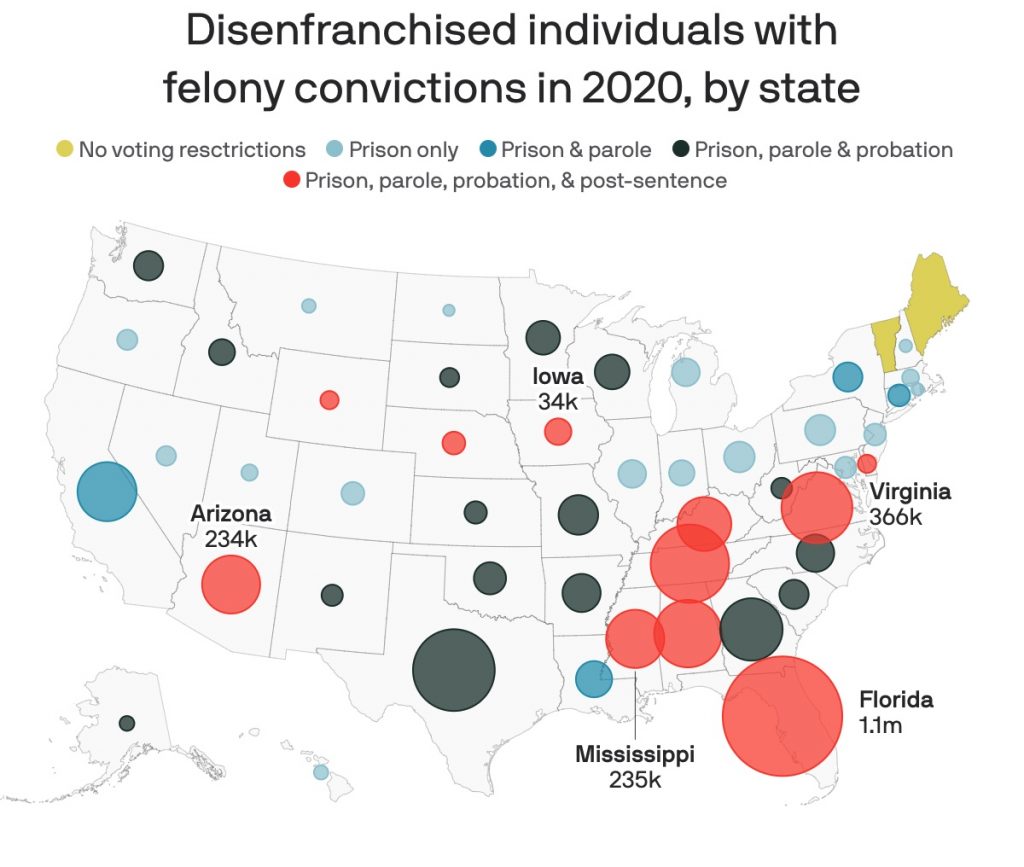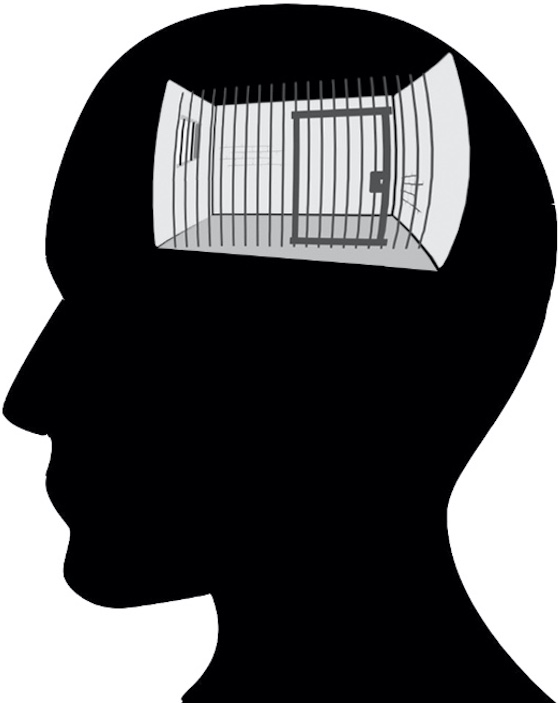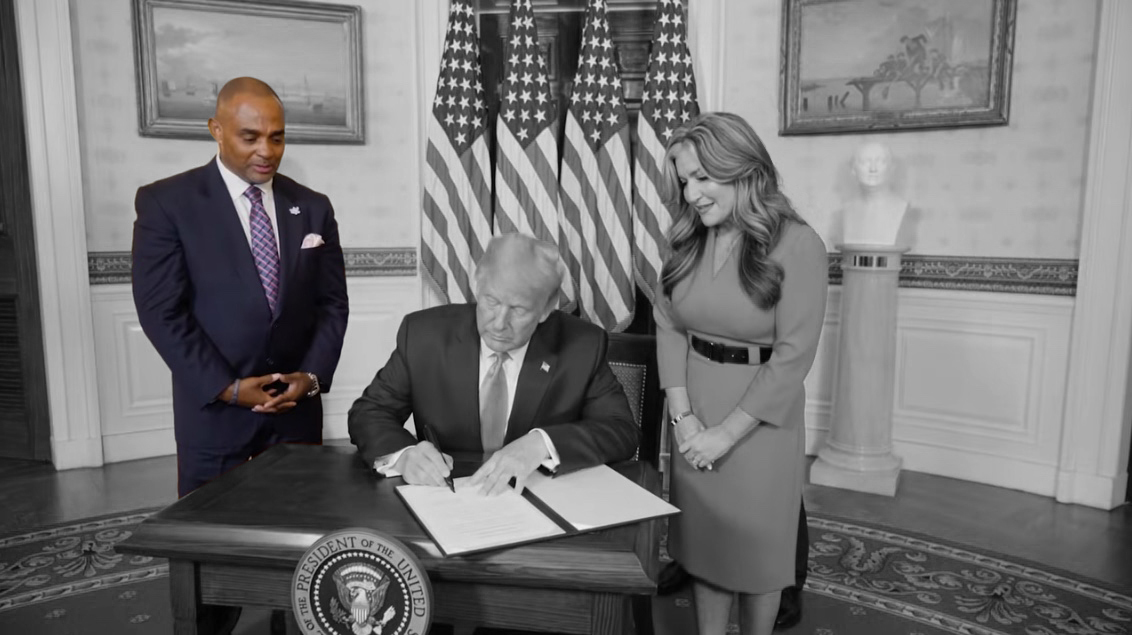Hi, I’m a convicted American.
As a convicted American, I know what it’s like to be formally and publicly disqualified from society –– to accept the consequesnces and their impact.
I know what it’s like to slam a book shut with the realization of what it means to lose the right to vote.
Human dignity isn’t something a sentencing judge extracts from a defendant in the courtroom, and its surrender isn’t part of any plea bargain. The loss of dignity occurs informally, away from the public, in places where cruelty, rage, and fear are picked from one’s eye like dust.
As a convicted American, I know what it is to witness a man’s dignity being taken from him. In describing one of the pillars of prison life, I often say it’s not so much the savagery you witness as the savagery you’re forced to silently bury.
I’ll never be free of those memories: they will always return to haunt me — and also to recharge my values.
I know the feeling of begging a Corrections Officer (or worse, a prison guard) for toilet paper and soap. No lubricating eye-contact, my lips squished into a gap between steel and concrete. I remember smiling a survivor’s smile, too, at the freedom from having to swallow my pride, the first punch line of prison life.
And I remember official documentation. For every little thing, one needs papers, signature proof, double verification, a case file, a blue copy, a white copy, a canary yellow copy, and so on. Life behind bars is like living inside a Department of Motor Vehicles office located in a parking structure.
But here’s what else I know:
As a convicted American, I know the life-affirming relief of chatting about fighter jets or lighting or even God with the man locking you in for the night.
And I know what it feels like to have my voting rights restored.
“I’ve paid my debt to society” sounds like a cliché from the movies until you’re the one saying it. And when you’re no longer nibbling at meals through an annual split lip, goddamn it feels good to say.
Last night, I watched Trump pardon Jon Ponder. Ponder stood in humility as the entirety of the government’s power was summoned to declare him re-fit for anything American, even elected office or a shotgun collection.
Staged as the ceremony may have been, I wondered if Ponder was thinking, “Just keep being nice to the man. It’s just like back on the row. You know this drill. You want your issue, right? Keep it cool. Get that paper. Play along. Hi, nice lady.”
I certainly would have been, ’cause as a convicted American, I know a lot about dangled carrots, false hopes, and the journey of becoming my own man with my own principles based on hard won lessons. I know what it feels like to slam a book shut with the realization that dignity and self direction have gradually been inching back.
This morning, there are probably equal numbers of Trump campaign strategists patting themselves on the back for proposing the Ponder presidential pardon as there are critics questioning its timing, politics, the RNC, or that Ponder pled guilty and has no right to a pardon.
None of that matters when you’re holding the bearer bond, and Jon Ponder just walked away with one.
And as a convicted American, he knows the value of official documentation.
Good for you Jon, my friend in restored dignity.
Take a minute to check out Jon Ponder’s Hope for Prisoners –– building and strengthening skills “necessary for employment readiness, leadership development and success throughout the reintegration process.”



